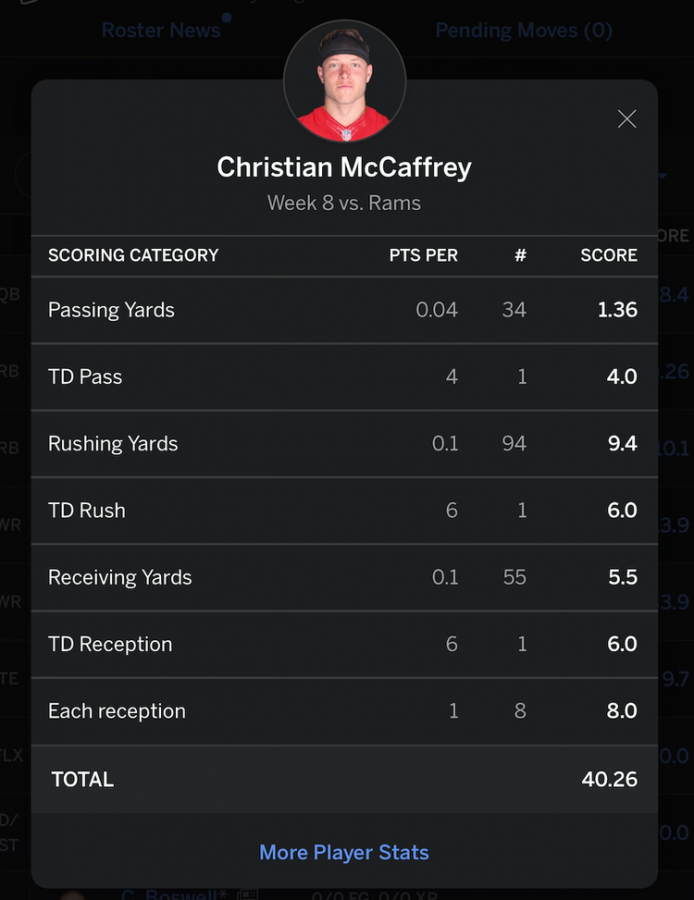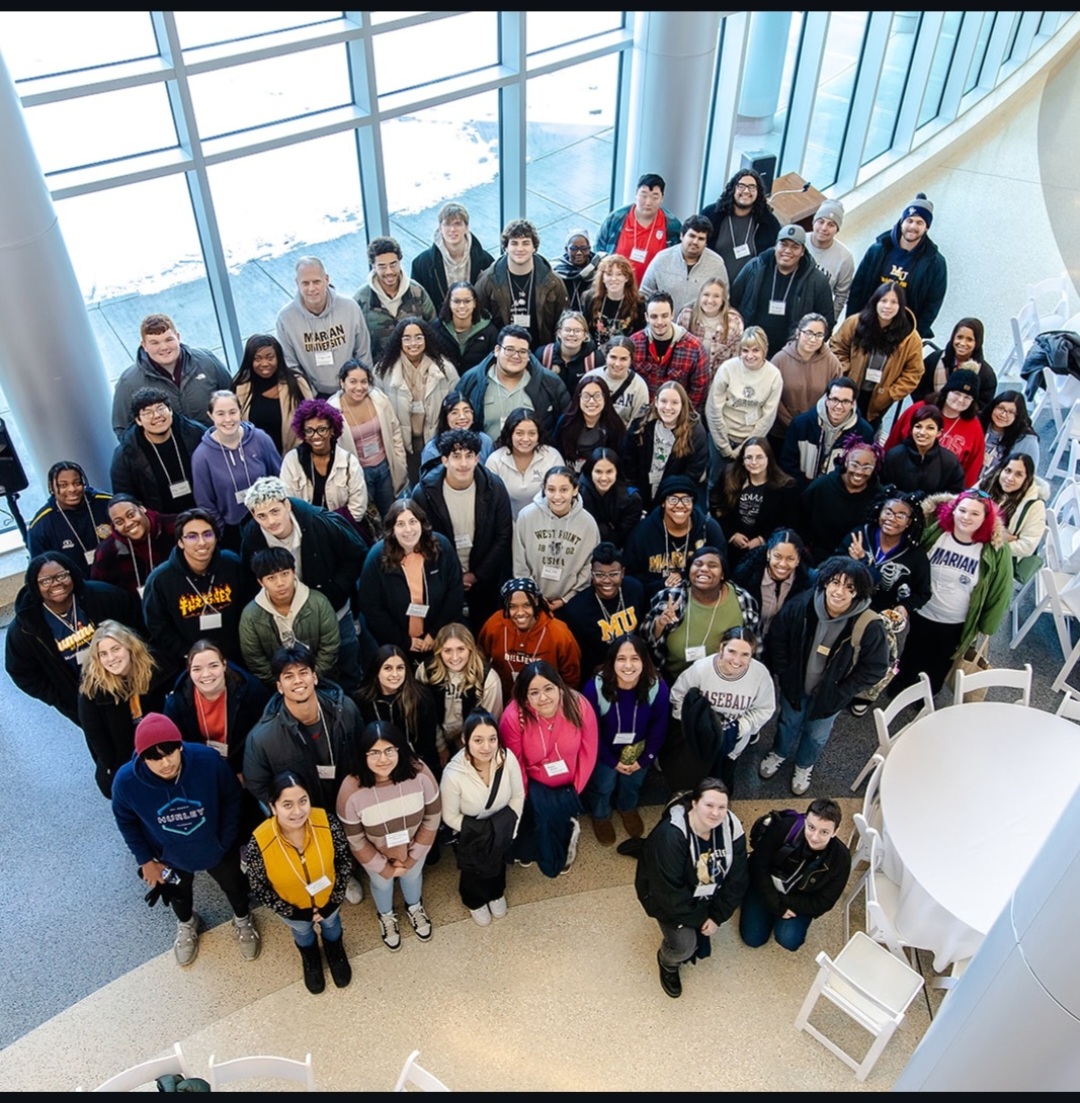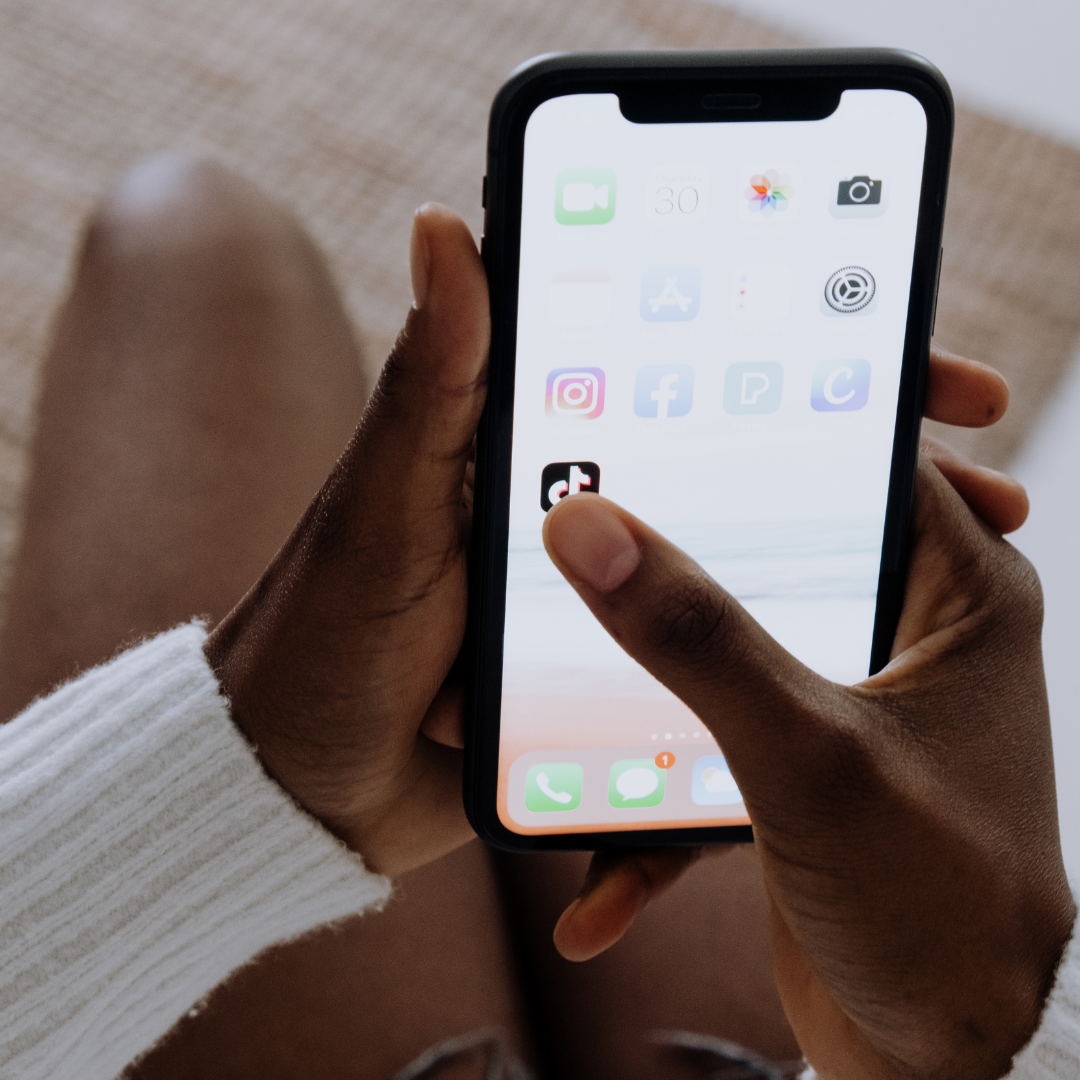With over 2 billion active users globally, TikTok has emerged as a cultural phenomenon, offering a platform for creativity, entertainment, and self-expression. It is known for its short-form videos and has become an integral part of the lives of millions of Americans. As discussions surrounding the proposed “TikTok Ban” bill intensify, it is essential to understand the potential implications of this legislation on this favored platform.
The proposed bill, officially titled the Protecting Americans from Foreign Adversary Controlled Applications Act, seeks to address national security concerns related to popular social media platforms. The legislation would require ByteDance, the parent company of TikTok, to divest its ownership of the app within six months. This requirement aims to ensure that TikTok maintains access to U.S. web-hosting services and app stores. Failure to comply with the divestment requirement could result in a ban on TikTok in the United States. Due to the strict conditions imposed by the bill, it has been referred to as a “TikTok ban bill.” The proposed divestment is seen as a means to address concerns about national security risks associated with TikTok’s Chinese ownership and control, as legislators fear potential data breaches and unauthorized access to sensitive information. Acknowledging the historical context is essential to understand the concerns that have prompted this legislation. In recent years, there have been concerns about how certain social media platforms collect and handle user data. Additionally, reports have raised concerns about foreign influence and potential security risks associated with specific apps.
The proposed “TikTok Ban” bill has sparked varied reactions from the general public. While some express concerns about potential privacy infringements and the impact on their favorite social media platform, others acknowledge the need for enhanced security measures and appreciate the bill’s focus on protecting user data. Online discussions and social media platforms have become a hub for conversations surrounding the bill, with individuals sharing their opinions, concerns, personal experiences, and misinformation.
An interview conducted by WRTV and Brandon Buckley explains how the bill could hurt local influencers. Brandon Buckley, a local influencer with over 100 thousand followers on TikTok, is known in Indianapolis for his outreach and support of teenagers in the Indy area. “It (TikTok) has allowed me to bring a better connection to Indianapolis,” said Buckley. There has even been a narrative that arguments around national security are clashing with concerns about discrimination. “I think the bill isn’t about national security, it is about xenophobia,” said Ryan Kennedy the Legislative Communication and Policy Manager at The Corydon Group. The firm represented TikTok in the past two legislative sessions in Indiana. An example of this narrative could be seen at the January 31st hearing by the Senate Judiciary Committee. Senator Tom Cotton asked TikTok CEO Shou Zi Chew about his citizenship many times during the meeting that was to focus on child safety. While xenophobic sentiments or actions can occur among individual members of Congress, it would be inappropriate to generalize and associate Congress as a whole with xenophobia. It is important to consider that Congress consists of a diverse group of individuals with varying views, and not all members engage in or support xenophobic behavior.
Critics of the bill also argue that it sets a dangerous precedent for government intervention in the tech industry and raises concerns about potential retaliation from other countries. They argue that singling out TikTok and mandating its sale could invite similar actions against American companies operating abroad, potentially leading to a harmful cycle of restrictions and counter-restrictions. Opponents of the bill question its effectiveness in addressing national security concerns, suggesting that it may be an overly broad and disproportionate response to the perceived risks associated with TikTok. Another point of contention is the potential impact on international relations and trade. The bill has faced criticism from those who argue that it may strain diplomatic relations with China and hinder ongoing trade negotiations. Critics worry that such actions could escalate tensions between the two countries and have broader implications for global commerce and cooperation. They emphasize the importance of finding a balanced approach that upholds national security interests while considering the broader geopolitical landscape.
The bill has now reached the Senate, where senators are approaching it with careful consideration. The Senate intends to take a diligent and comprehensive approach to reviewing the bill’s provisions which could be because of public outcry. As of now, there are no indications of an attempt to fast-track the bill. Instead, senators are expected to conduct hearings, engage in bipartisan discussions, and potentially propose amendments to ensure that the final legislation strikes the right balance between user privacy, national security, and the overall integrity of social media platforms. If the bill makes it through the next few steps in the legislative process, the President would have the option to sign the bill into law or veto it.

























